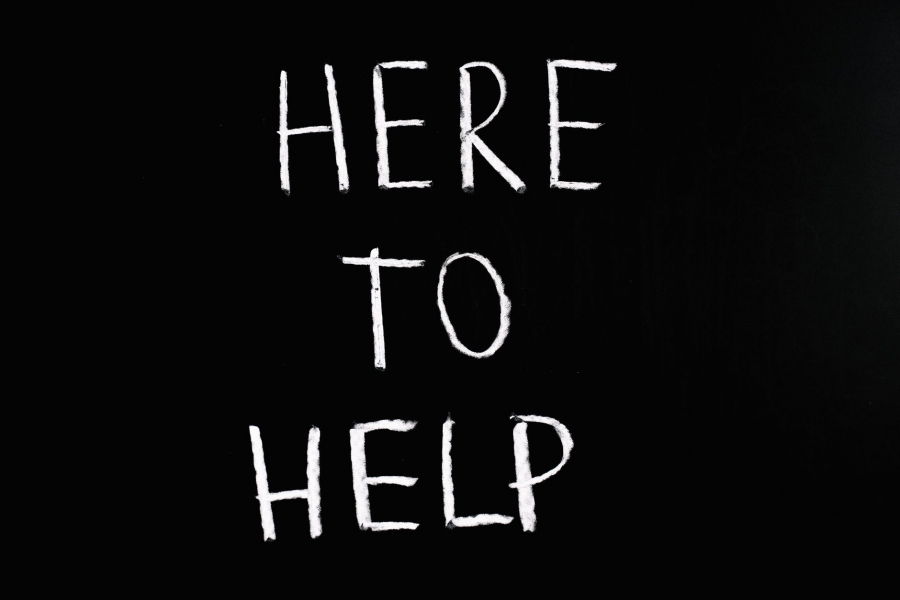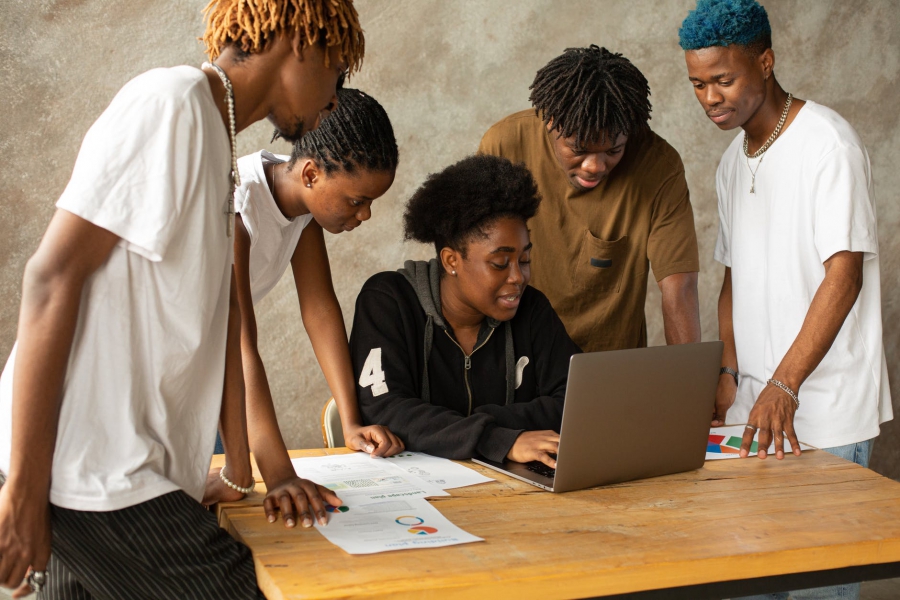HOW TO BUILD A TRUST WHILE WORKING REMOTELY
How do you develop a trust in your team while working remotely?

Managing a team while working remotely comes with intricacies that many leaders were not prepared to handle. The camaraderie built by the watercooler, team lunches, and simply saying goodbye at the end of the day have been replaced by a long to-do list and everyone pulling together to move initiatives forward. Soft leadership skills are taking an all-new focus as leaders realize that people need human connection for job satisfaction, and frankly, Zoom isn’t the solution.
So how do you develop an even stronger relationship when you can’t be together in person? Here are 5 tips on managing an all-remote and having redeployed since all your team is working remotely during the pandemic.
Schedule weekly or bi-weekly one-on-ones

It’s essential to connect with everyone on an individual basis. These remote meetings should have no agenda and be simple to catch up and chat about whatever comes up. Naturally, part of the agenda will include work, but challenge yourself to ensure that the most significant part of the discussion is about how the team member feels, how life is outside of work, what they’re interested in, and what hobbies they are passionate about.
Don't forget to share what’s happening in your life too. Team members trust leaders who are human, too, so be human in your connection and share authentically about what’s going on in your life at whatever level you feel comfortable.
Align your team's purpose and motives

Trust should come naturally if everyone on the team has a common purpose and the motivation to do good work while working remotely. Encouraging teams to form a strong "trust triangle" includes the three corners of common goal, competence, and motives.
"Each of those three plays a role in how much we trust others," he said. "If we don't know what someone's motives are, then we start to assume the worst. And if our intentions and motives are altruistic and for the best interest of the team, then we need to make sure people see it that way."
When we see people face-to-face, it can be easier to assess and convey intentions, so in a remote environment, we may need to make a point of vocalizing our motives, exhibiting competence, and consistently clarifying the team's common purpose.
Amplify your human skills. Soft or "human" skills were necessary before the pandemic and the resulting shift in working remotely. Still, according to Dermot Dennehy, CEO of Manage Remote Teams, they are essential now, based in London and operating in the UK, EU, and the US. He argued that critical listening, empathy, transparency, and accountability are now crucial for people at all organizations.
"When someone was crying in the corner of the office, you could see there was an issue, and you might go and ask what's wrong," he said. "Now you've got to be able to interpret when there's an issue with someone, and you have to be able to empathise with them."
In addition to building trust, Dennehy's training concentrates on people and culture, productivity and motivation, and mental health because he believes they're all interdependent. For example, if you have a team member with poor mental health and there are low levels of trust, then that person will never open up about issues they might run into. Or if you have someone who is not being very productive, but you don't make an effort to figure out what's behind that, you might overlook contributing factors like a partner who just lost their job or a sudden illness in the family.
Let people lead themselves

Speedy sharing of information means employees can make faster, more thoughtful choices. But they won't take action if they're waiting for a go-ahead or some form of permission. Let go of hierarchies and give people the freedom to make decisions about their work (and remember, some of them, like me, are learning how to concentrate with small kids running around our Brooklyn apartment).
When working remotely, everyone's managing themselves to an even greater degree as it is; it's essential to give everyone the full autonomy to do that for them to do it well. This is where situational awareness comes in: sharing objectives and goals is crucial.
You have to make it clear to everyone to focus on excellent work. That, in turn, has made it easy for people to manage themselves better in deciding what to focus on now and what to leave for later.
#THE S MEDIA #Media Milenial #build a trust in remote works



























